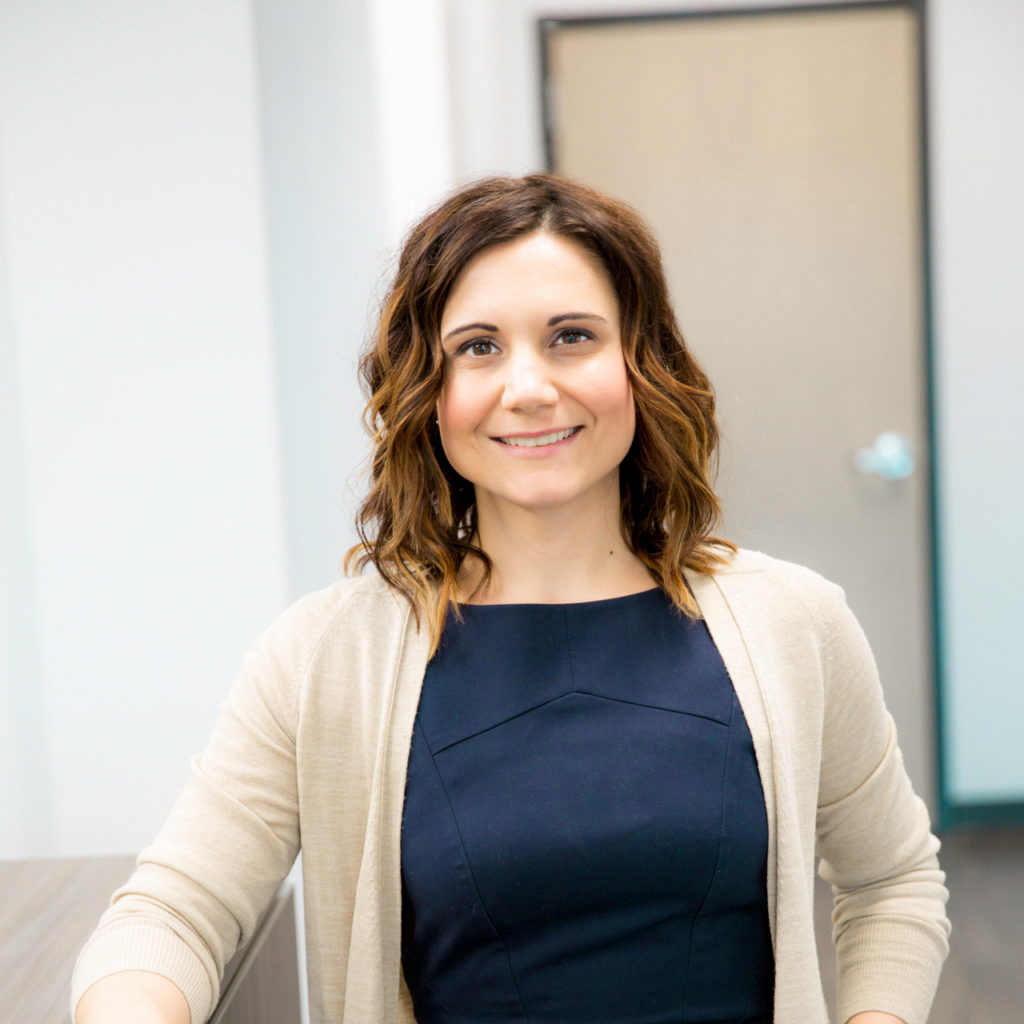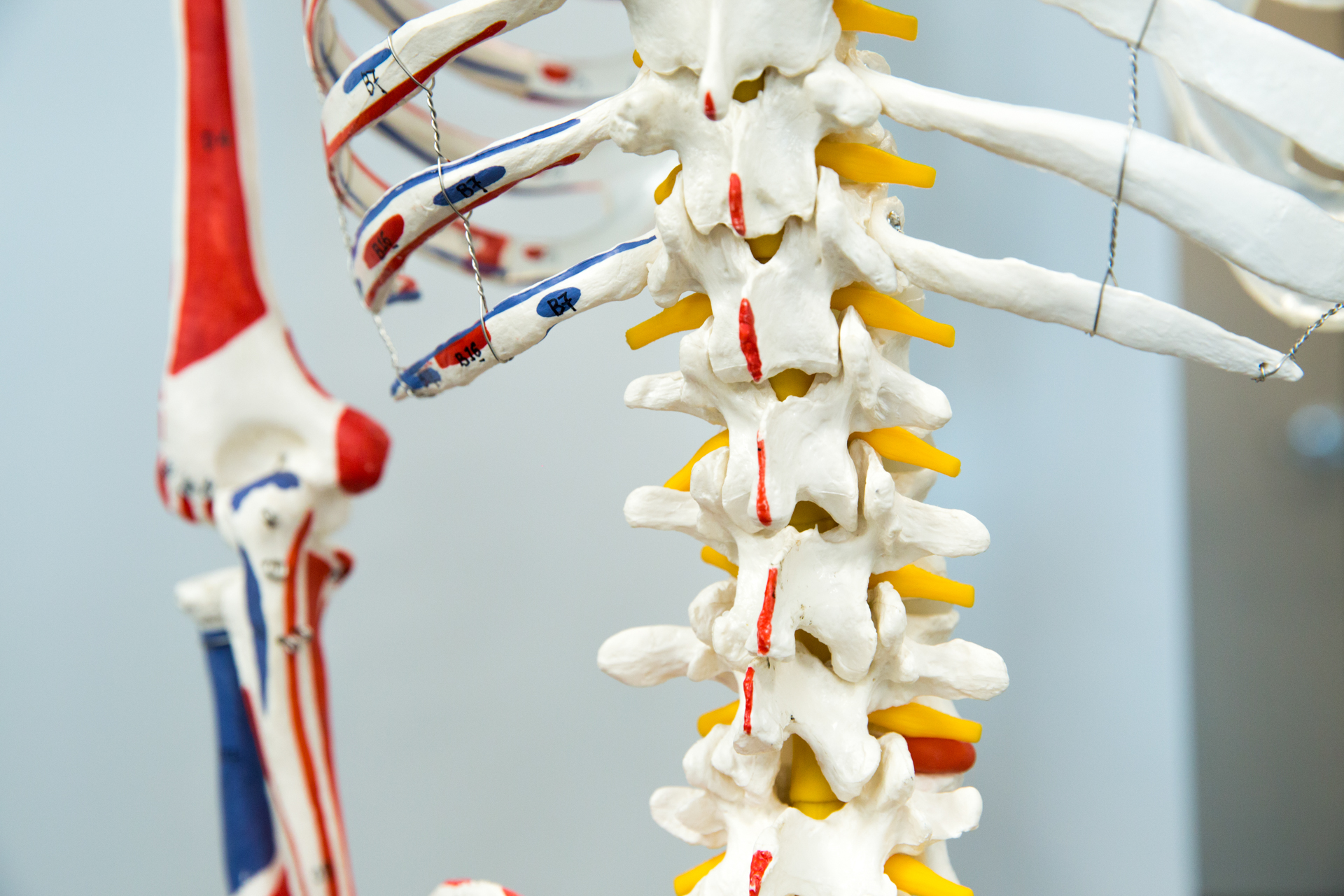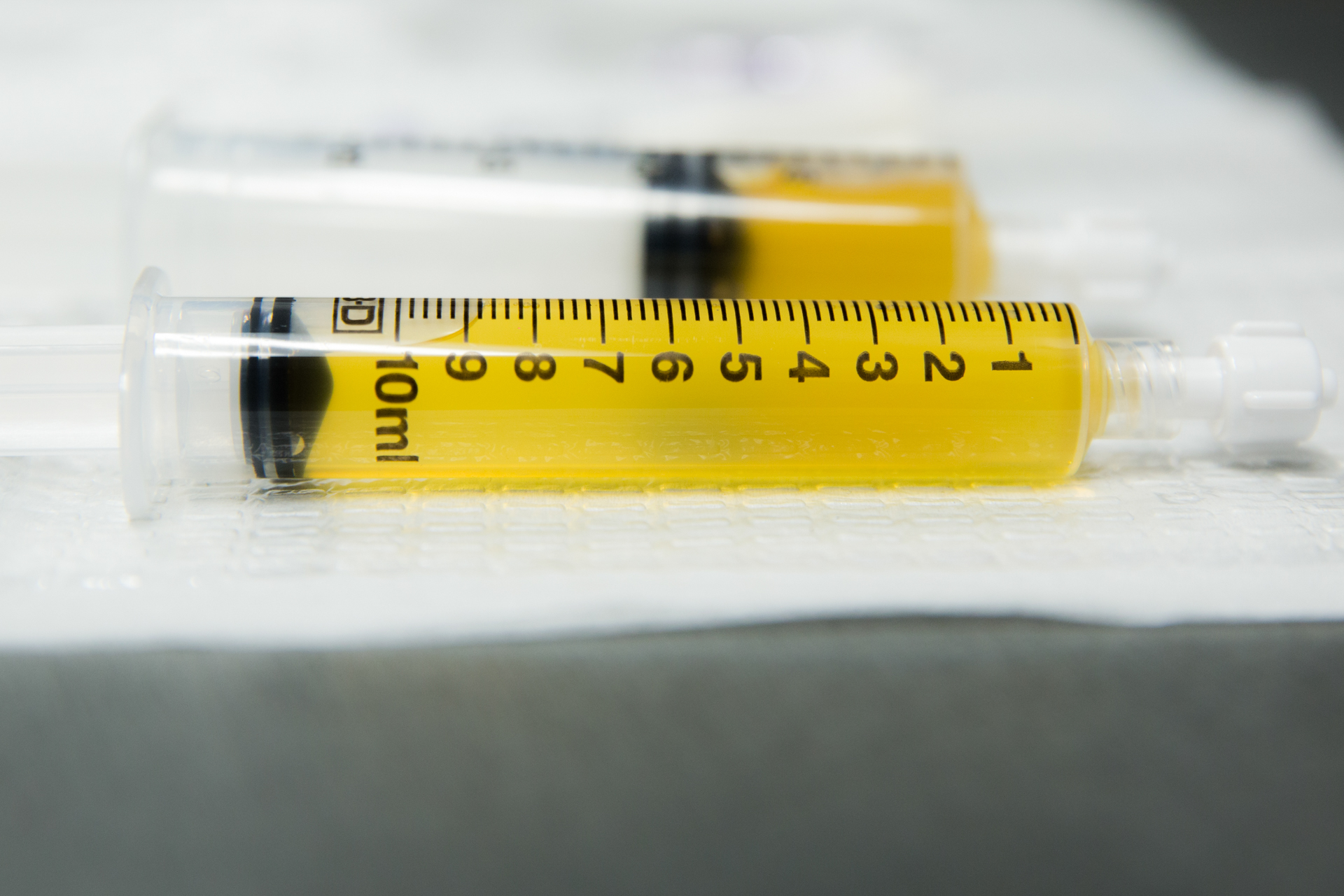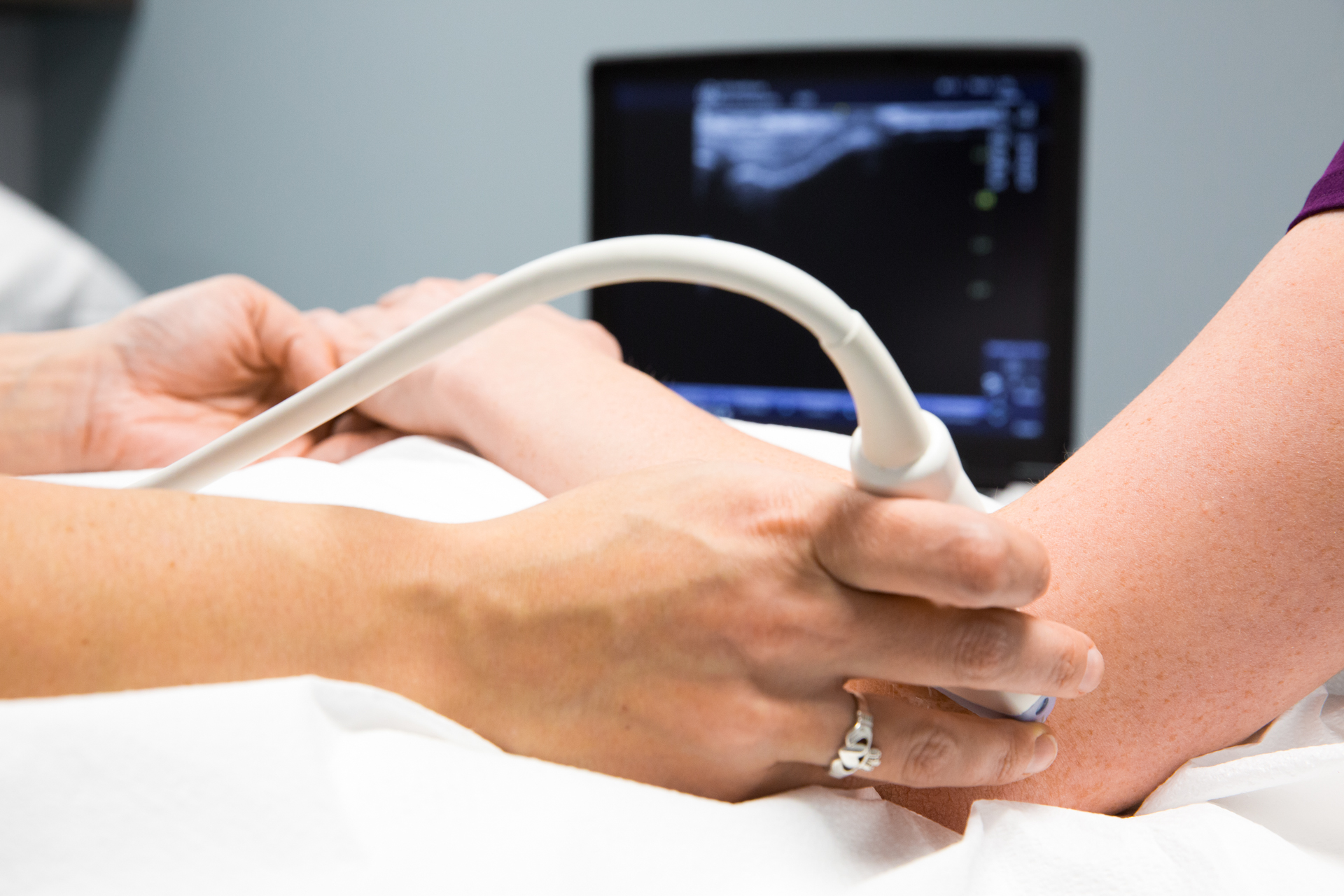Can Stem Cells be Rejected?
Recently, Motus Biologics owner Leslie Michaud invited questions from online users from around the world interested in stem cells and alternative medicine.
It was exciting to see the enthusiasm of the general public about regenerative medicine. Many expressed curiosity, some a healthy dose of doubt, and others shared their own stories about past injuries and how stem cells may (or may not) have helped them personally.
One of the first questions we received during this forum was “Can stem cells be rejected?”
This is a great question, one for which the answer is both simple and complex.
Before we go more in depth about whether or not stem cells can be rejected, there are a few key things you need to know—including how stem cells work, what it means for the body to reject a treatment, and what that means for a patient’s overall treatment plan.
Motus Biologics owner Leslie Michaud is a stem cell doctor in Kansas City dedicated to providing high-quality treatments to our patients and to educating everyone we can about the power of regenerative medicine.

How do stem cells work?
Stem cells are the building blocks of the body. They can replenish and repair tissue on demand, and have been the subject of extensive studies over the last 20+ years.
Stem cell therapy mimics natural processes in the body to treat a variety of injuries, including tennis/golfer’s elbow, rotator cuff tears, achilles and patellar tendonitis. It can also be used as an alternative to knee, hip, and shoulder replacement surgery for arthritis pain.
Motus Biologics primarily uses stem cells harvested from the patient’s own body to perform stem cell therapy.

There are a variety of benefits to using a patient’s own stem cells. To start, they are your own alive and healthy cells. Also, they are harvested directly from your body and used the same day. The best part about using a patient’s own stem cells is that there is no possibility of the body rejecting these cells. Either they work, or they don’t.
The other advantage of using your own cells is that you obtain a greater quantity of cells at a more economical cost.
However, on occasion, a patient has a condition that may dictate using donor stem cells to treat his or her specific condition (more on this later).
Learn more about stem cells –>
What does it mean for a treatment to be rejected?
The human body is designed to protect itself against foreign objects in order to fight viruses and diseases. However, sometimes this biological protection mechanism can backfire. This means that, in some cases, the body will not recognize a new substance that was specifically designed to treat an injury.
When the body “rejects” something, such as an implant, transplant, or injection, complications can occur. These complications are made even worse in addition to the risks associated with traditional orthopedic surgery:
- Bleeding and anemia
- Infection
- Graft versus host disease
- Sepsis
- Loss of function
However, compared to the risks and complications that occur during traditional surgery, stem cell therapy is a much safer alternative that does not put the body through the same kind of trauma.
Stem cell therapy:
- Is non-invasive
- Does not require anesthesia
- Does not require a hospital stay
- Can be used in conjunction with other treatments
- Can alleviate symptoms for patients who are not eligible for traditional surgery (such as uncontrolled diabetes, morbid obesity, chronic kidney, liver, or heart disease, a history of postoperative infection or clotting, adverse reactions to anesthesia, and metal allergies)
While stem cells are not a permanent solution for many patients and require maintenance treatments around every 4-6 years, many people find that the less-invasive nature of stem cells means that they can continue with most of their daily activities before and after treatment.
It’s ultimately up to you to decide the best course of action for your treatment based on your lifestyle, financial needs, and medical history.
Motus Biologics hopes that by educating you about everything that goes into stem cell therapy, orthopedic surgery, and other alternative treatments, you’ll feel informed and prepared to do what’s right for you.

Can stem cells be rejected?
Patient’s own stem cells
At Motus Biologics, we oftentimes use stem cells harvested from the patient’s own body to perform stem cell therapy.
This prevents stem cells from being rejected, simply because the body does not differentiate its own stem cells as “foreign,” and therefore, something that poses no threat.
While the body’s own products will not be rejected, there is a chance that the stem cells will not work for you. About 5% of patients are what we call “non-responders” and will report no improvement in pain, stiffness, or function 6 months after treatment.
While the percentage of non-responders is relatively low, it may still be a deciding factor for some patients who cannot wait another 6 months to begin researching other alternative medicine to treat their pain.
About 9% of patients are what we call “suboptimal responders,” meaning that they will have improvement, but it is not good enough. They can always go on to orthopedic surgery or other forms of medicine after, but once you have gotten a surgery like a replacement, you can’t fall back to stem cell treatments later.
Some patients find this chance worth it in their efforts to avoid surgery. Overall, for patients who are candidates with treatable conditions, stem cell treatment is effective in 86% of patients.

Donor Cells
For others, such as patients who have active cancer and/or are closer to the age of 80, however, using their own stem cells as a product for therapy may not be a viable option.
In these cases, our team will use donor cells in place of host cells to perform the same treatment.
These donor cells come from Predictive Biotech, an industry leader in regenerative medicine. The cells are required to be stripped of any viruses, bacteria, or antigens that could result in rejection, which means that these cells can almost universally be used in anyone.
From their website:
Our products are ethically sourced from donated birthing tissues such as umbilical cords and placentas from full-term deliveries. Comprehensive medical and social histories of the donor are obtained and tissues are procured, processed, and tested to exceed standards established by FDA.
Dr. Michaud recently reached out to Predictive Biotech to inquire about whether or not these donor cells had been rejected. We learned that they have over 58,000 injections recorded, with no documented graft v. host disease or rejection in any capacity.
Consistently keeping up with our vendors and the efficacy of our services is paramount to providing the best possible care using regenerative medicine in Kansas City. Motus Biologics is dedicated to growing and learning from industry leaders and other professionals and to providing more comprehensive care as science advances over time.
Will stem cells work for me? What if they don’t?
Unfortunately, there is no way to predict the efficacy of stem cell therapy for an individual patient. Either your body responds to stem cells, or it doesn’t.
However, because of the low risk and downtime associated with stem cell therapy, and the generally high efficacy in the general population, many people still find that they are willing to give it a try.
Before we perform any treatment, we collect and assess a variety of information from the patient, including medical history, past injuries, allergies and medical conditions, pain levels, other medications they may be taking, and more.
With all of this information and more, we will discuss with him or her the various options available to them, including options that do not involve regenerative medicine (should they express interest).
As a sports medicine physician, Dr. Leslie Michaud is able to maintain excellent relationships with local orthopedic surgeons in Kansas City should you ever need a referral or decide that regenerative medicine will not work for your needs.
Other regenerative medicine options
Motus Biologics does not only use stem cells to treat patients. We also offer PRP injections and Tenex, which are also minimally invasive and can be used as alternatives to traditional medicine for a variety of injuries.
All of our regenerative medicine is administered using Ultrasound Guided Injections to ensure precision and efficacy.

About Motus Biologics
Dr. Michaud has been practicing medicine for 12 years and constantly works to debunk common misconceptions about stem cell therapy and educate patients and other clinics about stem cells as an alternative to traditional treatments like surgery.
These patients and clinics are located all over the country, and many people find it beneficial to travel to Kansas City to receive the education and care offered at Motus Biologics.
If you have any particular questions about stem cell therapy, please don’t hesitate to contact our office. We would be happy to introduce you to regenerative medicine and how it may be helpful for your unique situation.
What other questions do you have about stem cell treatments?
Motus Biologics is here to be your online resource for all-things regenerative medicine. Please don’t hesitate to contact us and we’ll be happy to discuss your options with you.
You can also use our free Virtual Consultation tool to determine the best treatment for your pain points.

